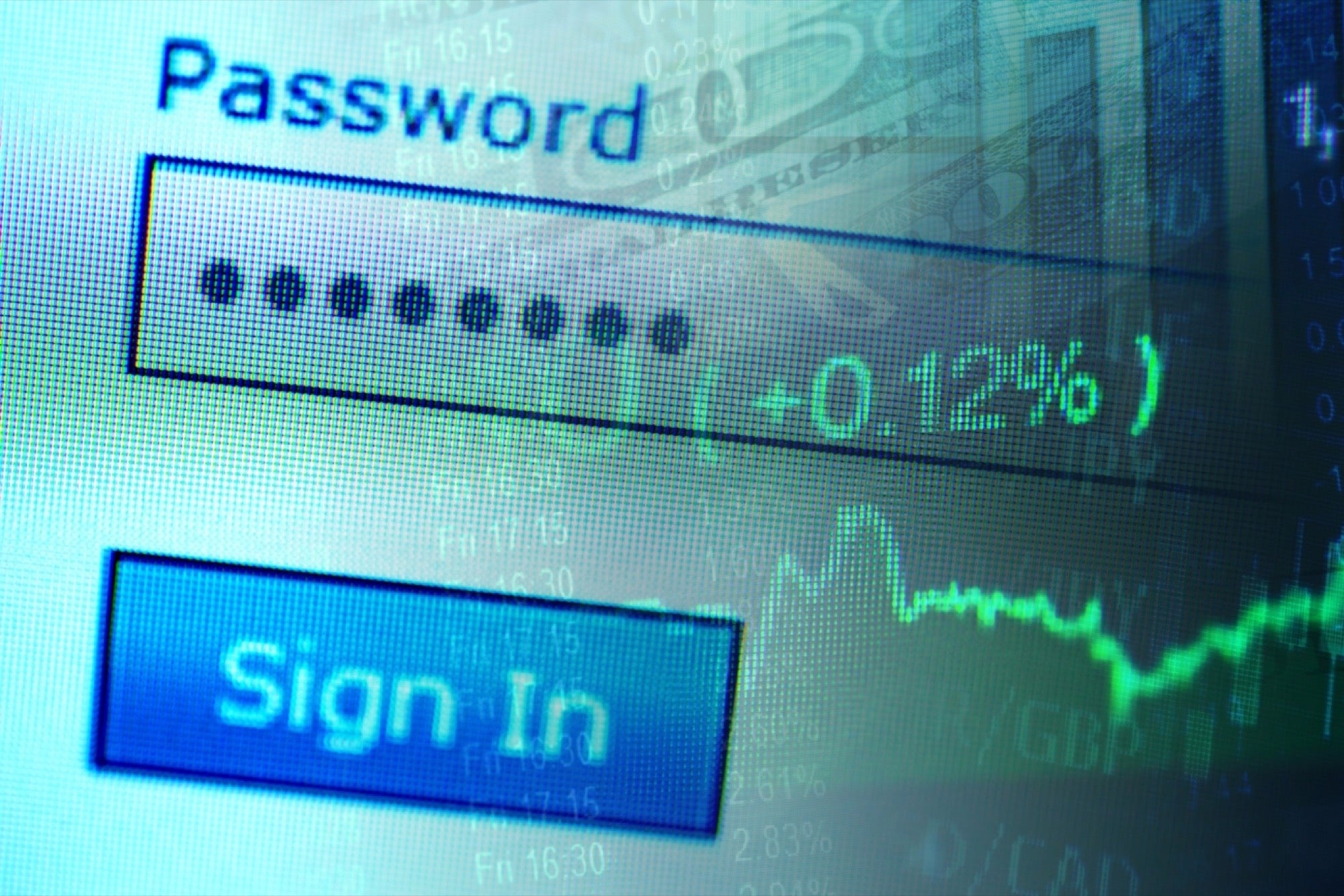Four Things an Entrepreneur Should Know Before Signing a Non Disclosure Agreement NDA is a legally binding contract in which the disclosing party agrees to give the receiving party confidential information about its business/ technology/ products.
By Pooja Terwad
Opinions expressed by Entrepreneur contributors are their own.
You're reading Entrepreneur India, an international franchise of Entrepreneur Media.

The most crucial asset for an Entrepreneur and his business is certainly the information it holds. It is equally challenging to retain and have utmost supremacy over this information. Companies often try to acquire Intellectual Property Rights of their innovations, yet there remains a lot of generic information which needs to be kept confidential. It could include strategic plans, client data, research and development reports etc. which is of enormous value to the business. The most secure way to prevent unwanted disclosure is simply to not share information that you wish to keep confidential, but, this is not always practical and could harm business growth.
The most common way to secure information that mandatorily needs to be shared with anybody, be it an employee or an external party, is to enter into a non-disclosure agreement or more commonly known as the confidentiality agreement. This could help in preventing the recipient from disclosing the information to any person not authorized by the Company.
All about NDA
NDA is a legally binding contract in which the disclosing party agrees to give the receiving party confidential information about its business/ technology/ products. The receiving party agrees to not to share this information with anyone else for a specific period of time, sometimes even beyond the term of the work agreement. NDA's outline in detail the information that must remain private and information that can be shared or released to the public. They are typically signed at the beginning of a business relationship. If the NDA is broken and information is leaked, it is considered as a breach of contract.
After entering into the NDA if the terms agreed between the parties are not honored by the receiving party, they can be held responsible for the losses caused to the disclosing party. The agreement will also set out the disclosing party's remedies in case of a breach. These may include monetary damages, injunctive relief, and indemnification for harms caused by the breach.
The NDA is a powerful document, often used by companies to restrict anyone from using its information for ulterior motives. However, there are certain limitations which an Entrepreneur should know before signing this document, which will help them take a more informed call.
1.Enforcing the breach of a NDA could be a tedious job:
An Entrepreneur will have to go to the Court to enforce the breach of the terms of NDA. While judicial pendencies remain a harsh reality, it could be a tedious exercise to enforce the NDA in the Court of law in terms of the time and cost. Ultimately, the loss that is caused cannot be reversed. It's just like the spilt milk.
2. Avoid using the NDA templates from the Internet:
NDA templates found on the internet are only the generic formats. But, every NDA should be tailored and customized, for the particular business it is being used for. Using a confidentiality agreement that is suitable for your company's goals and circumstances is imperative to ensuring your key information is not disclosed. C. There are two types of NDA's: If there is only one disclosing party we enter a one way NDA. However, if more than one party is exchanging confidential information a mutual NDA is appropriate. Mutual NDA's are generally executed while entering into a Joint Venture, Merger etc. Both the parties will be protected in a mutual NDA.
3. Restrict the sharing of Information with anyone who is not a party to the NDA:
NDA's should categorically specify whether and when the information may be disclosed further to a recipient who is not party to the NDA. Eg. The Recipient can be permitted to share the disclosed information only with those persons within the receiving party's organization, as is necessary to carry out the purpose of the NDA on a strictly "need to know" basis. Further, A NDA can restrict the receiving party to share the information with people who are expressly authorized to receive the information by the disclosing party.
4. NDA can restrict the receiving party to use the disclosed information in any manner which is not authorized by the disclosing party:
The disclosing party should specifically define the goal of sharing the information and further restrict the recipient from using the information in any manner not permitted by the NDA. Once the information is in public, it becomes increasingly difficult to control its further dissemination. While NDA's are used as a matter of practice by companies, we always recommend its wise and informed use. It is always advised to share information only to a certain extent as required. It is always a good idea to limit the disclosure to what truly needs to be disclosed. Non Disclosure Clauses can be used in other legal agreements often entered by a Company, like , Employment Agreements, service level agreements etc.
If you are considering disclosure of confidential information to another entity or individual, get an NDA before parting with any important knowledge. Because of the nuances involved in drafting NDAs, such as utilizing appropriate scope when defining terms, it is important to seek legal advice from your counsel so that your agreement is properly draf












